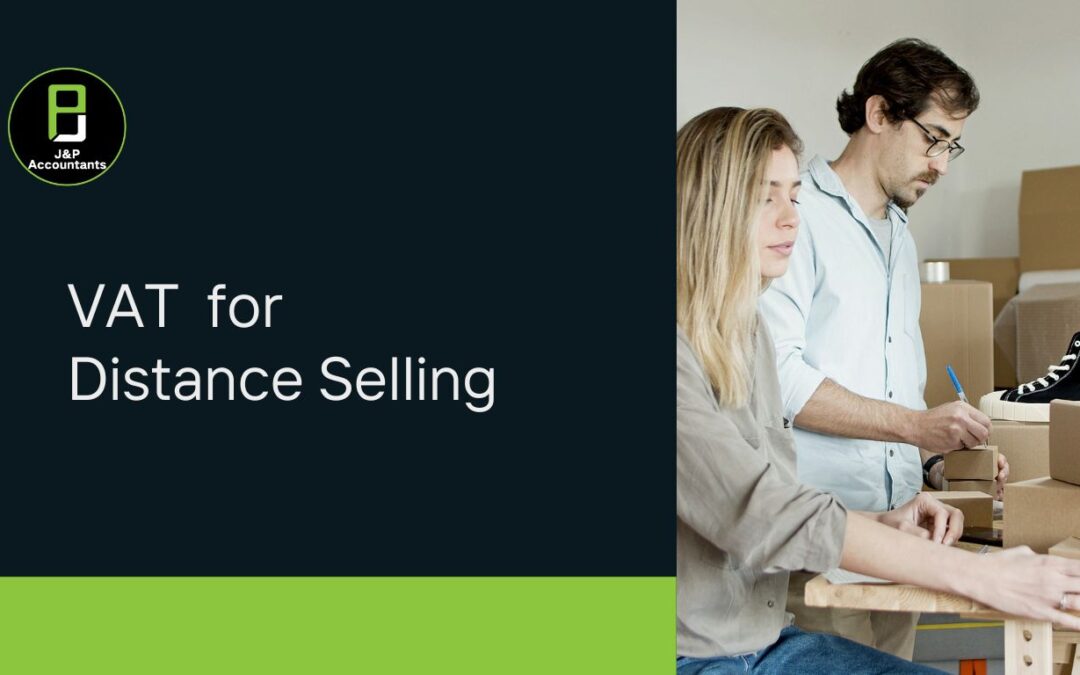Do online sellers need to register for VAT?
Should your business register for VAT when transacting on the Amazon platform?
If you’re not only selling locally in the UK, what should you be aware of when selling remotely to other countries?
When you start trading online, you may need to consider tax laws in different countries.
Distance Selling
What is distance selling? When you sell goods or services, distance selling is triggered by a deal that wasn’t done in person.
As a new age e-commerce model, you may need to understand how distance selling should be taxed.
Although this situation makes it difficult for the tax authorities of various countries to regulate, each country has established clear thresholds for distance selling.
Once your business’s sales in the country exceed the threshold, you will need to register for VAT and file a return.
VAT rates by countries
From April 2022, EU countries, as well as the UK, have enacted detailed tax laws.
For example, the standard VAT rate in the UK is 20% and you need to register for VAT when your annual sales exceed £85.000.
The UK has not formulated a VAT threshold for distance sales for the time being, but most other EU countries have set a VAT threshold for distance sales.
For example, the VAT threshold for distance sales in the Czech Republic, France, Germany and Italy is 10.000 euros.
VAT for international sales
International sales may face a more complex tax model, even considering the existence of a physical entity in the transaction.
- If you are VAT registered in the UK or EU, you plan to sell to customers outside the EU. VAT is not charged in your country, but your customers may be charged tax through customs.
- If you are not registered for VAT in the UK or EU, plan to sell to the UK or EU. You also don’t pay any VAT, instead the customer pays the associated costs.
Why register for VAT
You may find some merchants who are still registered for VAT in order to meet the VAT tax threshold.
On the one hand, some companies may double their turnover in a short period of time.
Registering for VAT in advance can focus on developing your business without worrying about exceeding the registration threshold.
On the other hand, some businesses have an annual turnover of more than £85.000 and must register for VAT.
After that, your business needs to file regular returns and pay taxes to avoid penalties.




